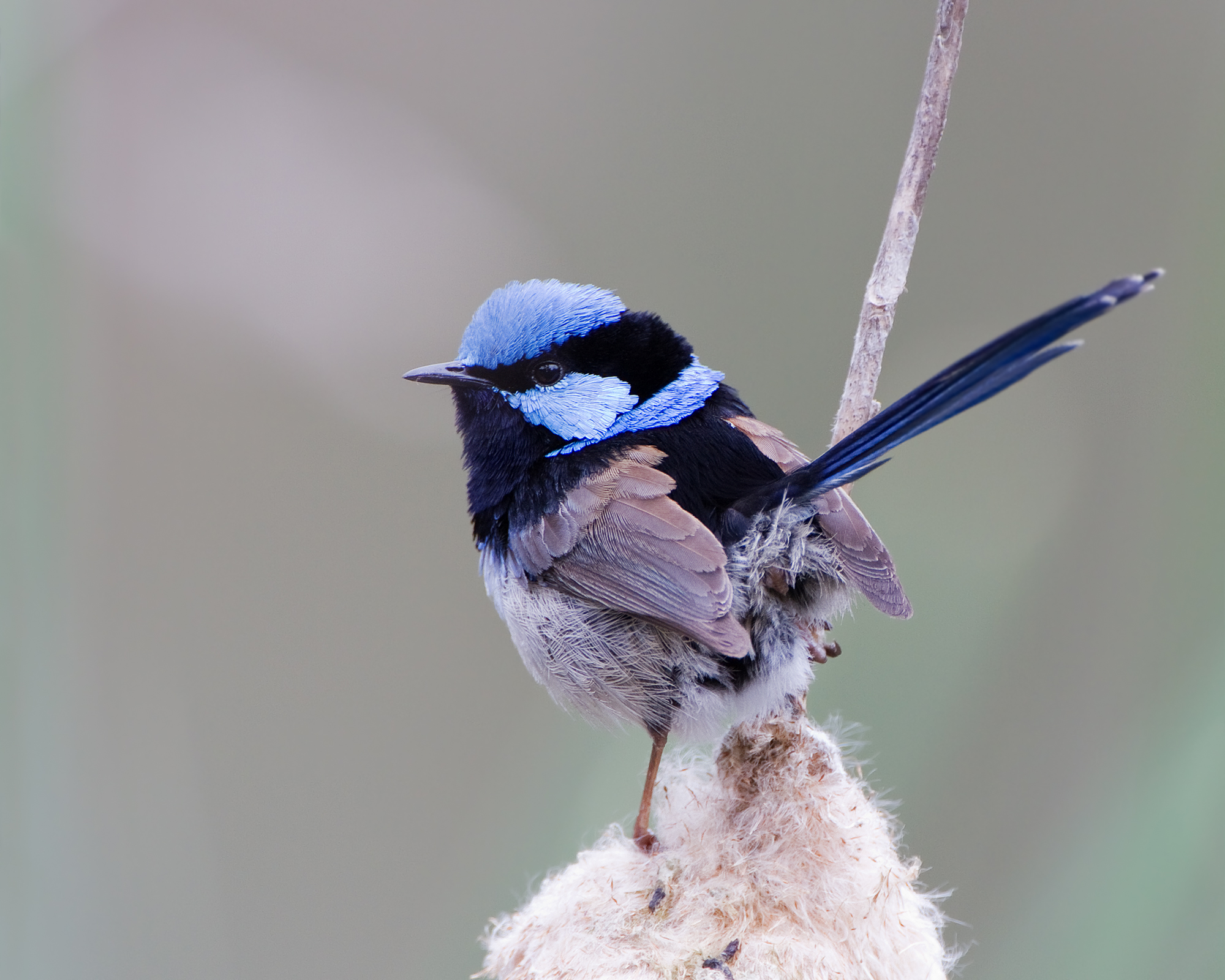Alan Condron, a Research Assistant Professor in Geosciences at UMass Amherst, and his collaborator, Peter Winsor from University of Alaska Fairbanks, have published an article in the current issue of Proceedings of the National Academy of Sciences. Using a new model, they propose a theory about how the meltwaters from the Laurentide Ice sheet, 12,000 years ago, are likely to have triggered the Younger Dryas, an abrupt cooling of the northern hemisphere, which interrupted a warming trend, coming out of a period of glaciation.
The full text of the original research article, "Meltwater routing and the Younger Dryas" doi:10.1073/pnas.1207381109 is available to the UMass Amherst community through the DOI link.
“This episode was the last time the Earth underwent a major cooling, so understanding exactly what caused it is very important for understanding how our modern-day climate might change in the future,” says Condron of the Climate System Research Center.
... “Our results are particularly relevant for how we model the melting of the Greenland and Antarctic Ice sheets now and in the future. “It is apparent from our results that climate scientists are artificially introducing fresh water into their models over large parts of the ocean that freshwater would never have reached. In addition, our work points to the Arctic as a primary trigger for climate change. This is especially relevant considering the rapid changes that have been occurring in this region in the last 10 years.”See more details on this story in the campus In the Loop , Tuesday, November 6.
The full text of the original research article, "Meltwater routing and the Younger Dryas" doi:10.1073/pnas.1207381109 is available to the UMass Amherst community through the DOI link.
